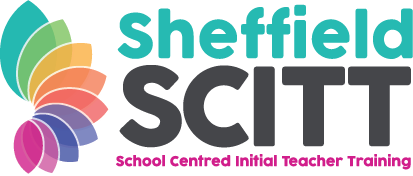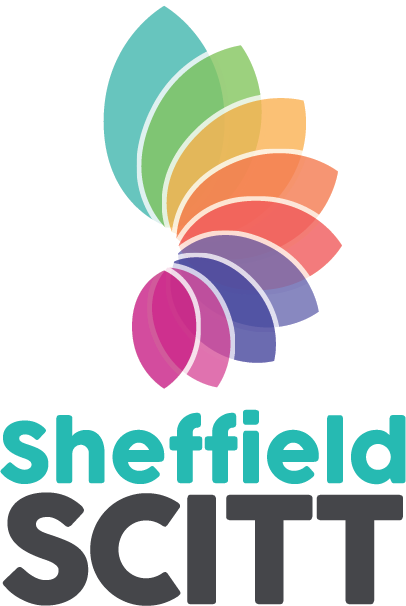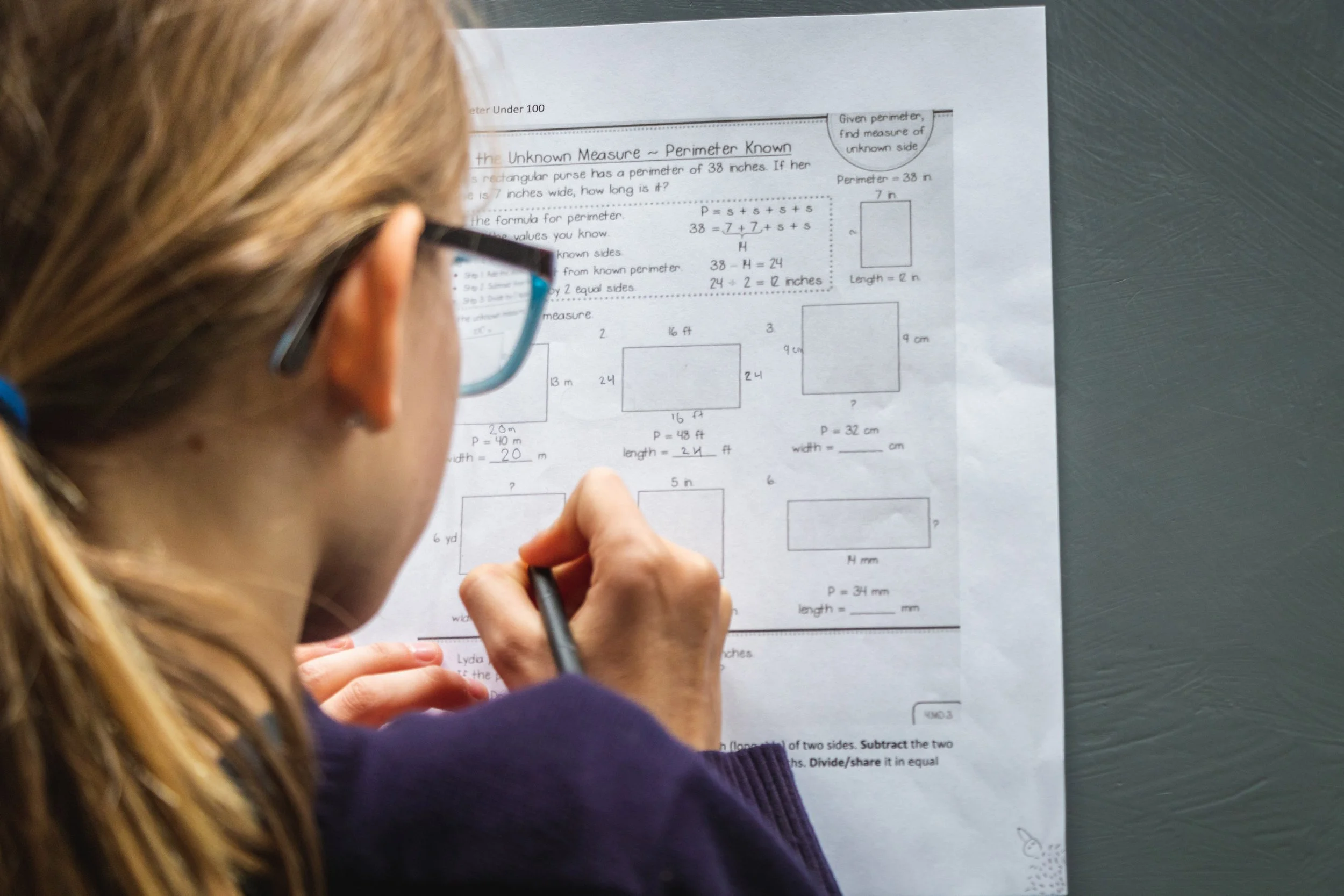Retrieval Practice
“In a recent review Rob Coe at the EEF suggested that there is a concern that retrieval practice might not be being implemented correctly.”.
Alastair Gittner, Sheffield Associate Research School lead.
Retrieval Practice
We’re all doing retrieval practice, aren’t we? Whether it is a “do now” activity, “Bell task,” “starter,” or eponymously “retrieval practice,” it increasingly forms part of the toolkit for many a lesson across the phases. “That’s because it works!!” you will be saying. Well yes and possibly no.
Also known as the “testing effect,” in the recent EEF cognitive science guidance review retrieval practice was described as a “cheap, easy-to-implement way of recapping material that might strengthen pupils’ long term ability to remember key concepts or information.” There are some limitations of the research, most commonly that in many of the studies the interventions were carried out by researchers and not classroom teachers but it is still described as “promising.”
One of the original studies looked at students learning Swahili vocabulary where it was discovered that students who had regular testing on all, or part of the study material could remember more at the end of the project than those who had additional periods of study.
In a recent review Rob Coe at the EEF suggested that there is a concern that retrieval practice might not be being implemented correctly. As Dylan Wiliam has commented, applying research in the classroom requires an understanding of the “active ingredients” or otherwise implementing can drift and change from the intended practice and so called “lethal mutations” arise which mean the activity is less effective or in some cases be detrimental.
Common areas of concern with the implementation of retrieval practice are:
Students don’t engage or attempt the questions, waiting for the correct answer.
Students mark their own partially incorrect answers as correct.
Retrieval practice is focussed too much on mere factual recall rather than application
Students practice retrieving the wrong thing
No correction of misconceptions is achieved
Students don’t understand what they are doing or why.
It eats into the time available for learning new material.
Teacher knows best
In his seminal review “improving the student toolkit” Dunlosky explains research that shows students are poor judges of their own learning. Low stakes testing can be shown to be effective for student recall even when the students themselves do not rate it as a strategy. Students are motivated by short term gain and revision strategies with more and greater tangible outcomes are often seen as more productive “Look how many pages of my revision guide I have underlined”
So to address numbers 1 and 5 of our concerns we must be explicit in why we are doing the testing, we must also be convincing about the “low stakes” nature and be reassuring about students getting things wrong. What we are hoping for in the long run is that it becomes a technique the students themselves will use in their own revision and so we should explain, encourage and teach its correct use. Additionally some students might feel that answers are too easy. Getting the difficulty right is tricky and, for inexperienced teachers, even more so. What we are aiming for is not practising until we get things right, we are looking to practice until we cannot get it wrong. This is over-learning and is an important learning strategy in itself; think playing scales and arpeggios, time-tables, etc.
This brings us to……..
Dopamine and motivation
Motivation has an important role here as we want students to have a go and engage and practice retrieving information and to do this willingly they must get the answers right. Fear of getting things wrong will prevent some students even attempting it. Here the trick is judging the level of difficulty. The suggestion is that students should get around 80% of the answers correct. This not only helps ensure they come back for more, but has the benefit that we can be sure they are practicing retrieving the right information. Without careful feedback and monitoring wrong answers can soon be embedded, or misconceptions remain unchallenged. Another area which can help with motivation is not to do your retrieval practice at the start of every lesson, vary it. The human brain likes novelty and so avoiding the hum drum of regular practice is motivating as is varying what you do.
The good news is researchers don’t know what is the best way to do retrieval practice. The bad news is that researchers don’t know the best way to do retrieval practice….
The research is less helpful on what strategies work. There are not enough studies on any one strategy to be convincing that any particular strategy is the best. Strategies that have worked include (from the EEF review)
multiple choice questions (MCQ);
short-answer fact questions;
short problem-solving;
true/false questions;
labelling diagrams;
image recognition;
recitation of quotes or definitions;
list creation.
This becomes an advantage as it means that different subjects requiring different skills and knowledge recap can experiment and try different strategies. Whilst it is tempting to use MCQ, particularly the ones that can self-mark (thus helping with concern 7; the time it takes) it can mean that mistakes and misunderstandings are overlooked. If mini-whiteboards are used there are all sorts of issues around ensuring these answers are meaningful and not just copies of other students’ work. (Tom Sherrington has written a good blog on this based on the chapters in the Walkthru’s book see references) It is important to remember that the evidence suggests that the effectiveness of retrieval practice declines as the knowledge or skill to be recalled becomes more complex. So it is not necessarily suitable for every lesson or every topic.
Feedback and moving the learning on
One of the often over-looked aspects of retrieval practice is the teacher giving quality feedback. The more a student can link knowledge into existing schema the more likely the learning will be recalled. Careful feedback, questioning and explaining can ensure that students don’t just recall facts in isolation nor be totally flummoxed in the exam when a question is added in an unexpected manner. In addition retrieval practice should be part of the teacher planning and formative assessment, providing information as to whether a topic must be retaught immediately, as it is needed for understanding of the current lesson or can be noted for future reteaching.
The good theoretical background behind retrieval practice and its positive outcomes (albeit in more limited situations) means that retrieval practice is definitely something we should all be using in our toolkit but like all findings from research it might need more planning to implement well than we first think.
There is lots of good reading on this if you are interested.
References
Tom Sherrington and Oliver Caviglioli: Teaching WalkThrus
https://www.johncattbookshop.com/teaching-walkthrus-five-step-guides-for-instructional-coaching
Blog posts that address this issue of retrieval practice
https://cogscisci.wordpress.com/2020/02/05/embedding-retrieval-throughout-your-teaching/
https://cogscisci.wordpress.com/2019/07/23/module-retrieval-practice/
https://achemicalorthodoxy.wordpress.com/2020/01/26/how-to-not-screw-up-retrieval-practice/
Two books by Kate Jones on Retrieval practice are well reviewed and received.
Retrieval Practice 2: Implementing, embedding & reflecting (johncattbookshop.com)
Retrieval Practice (johncattbookshop.com)








